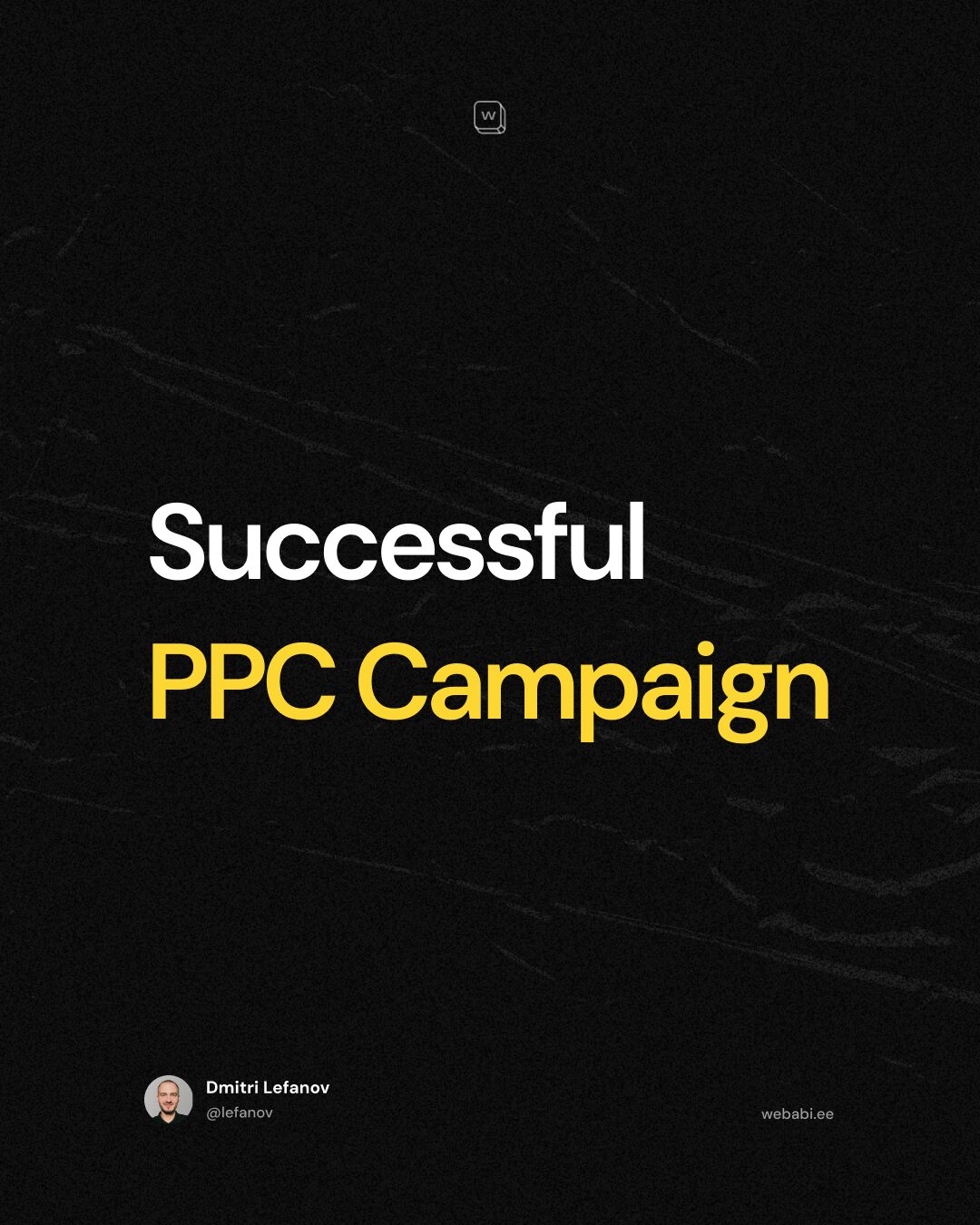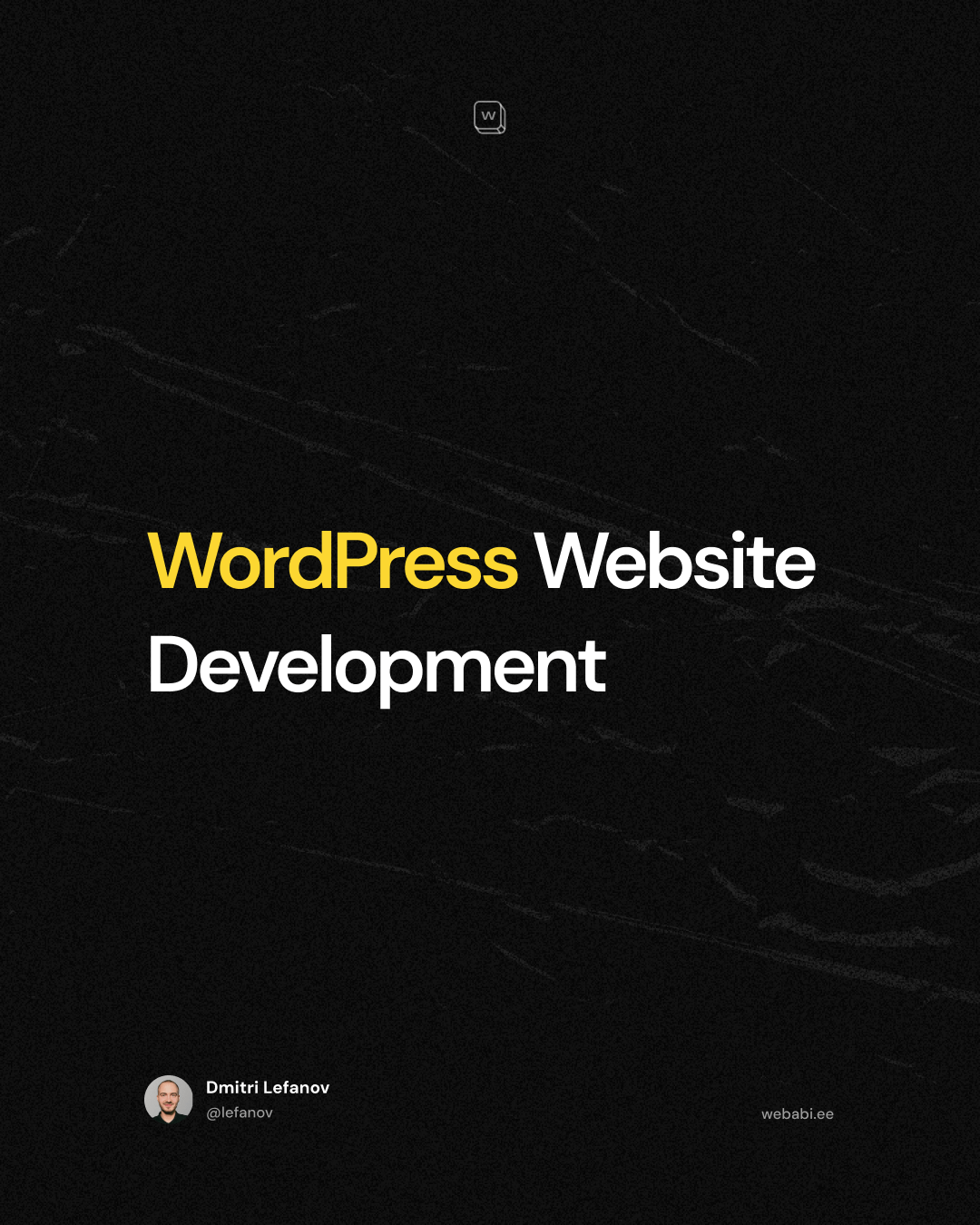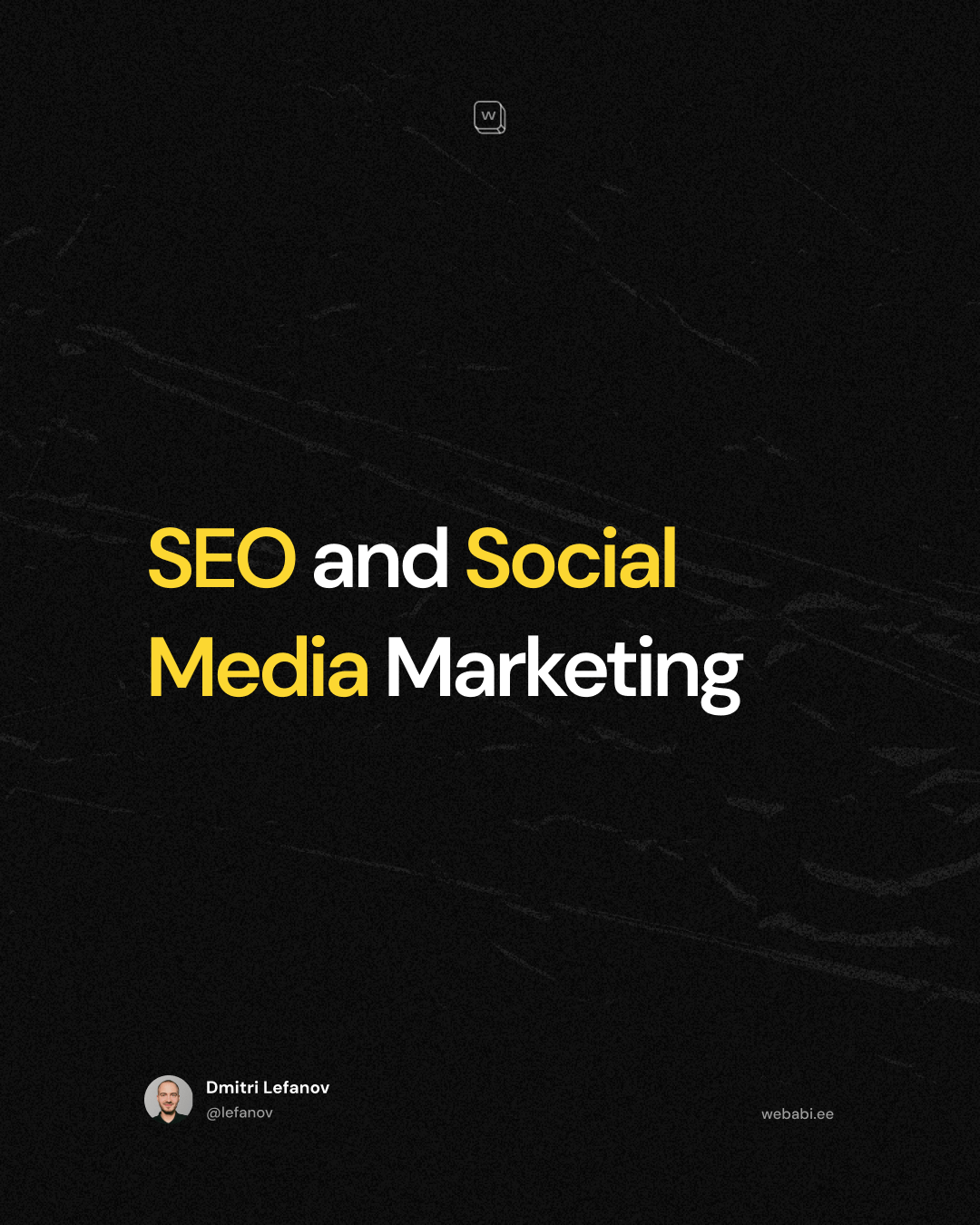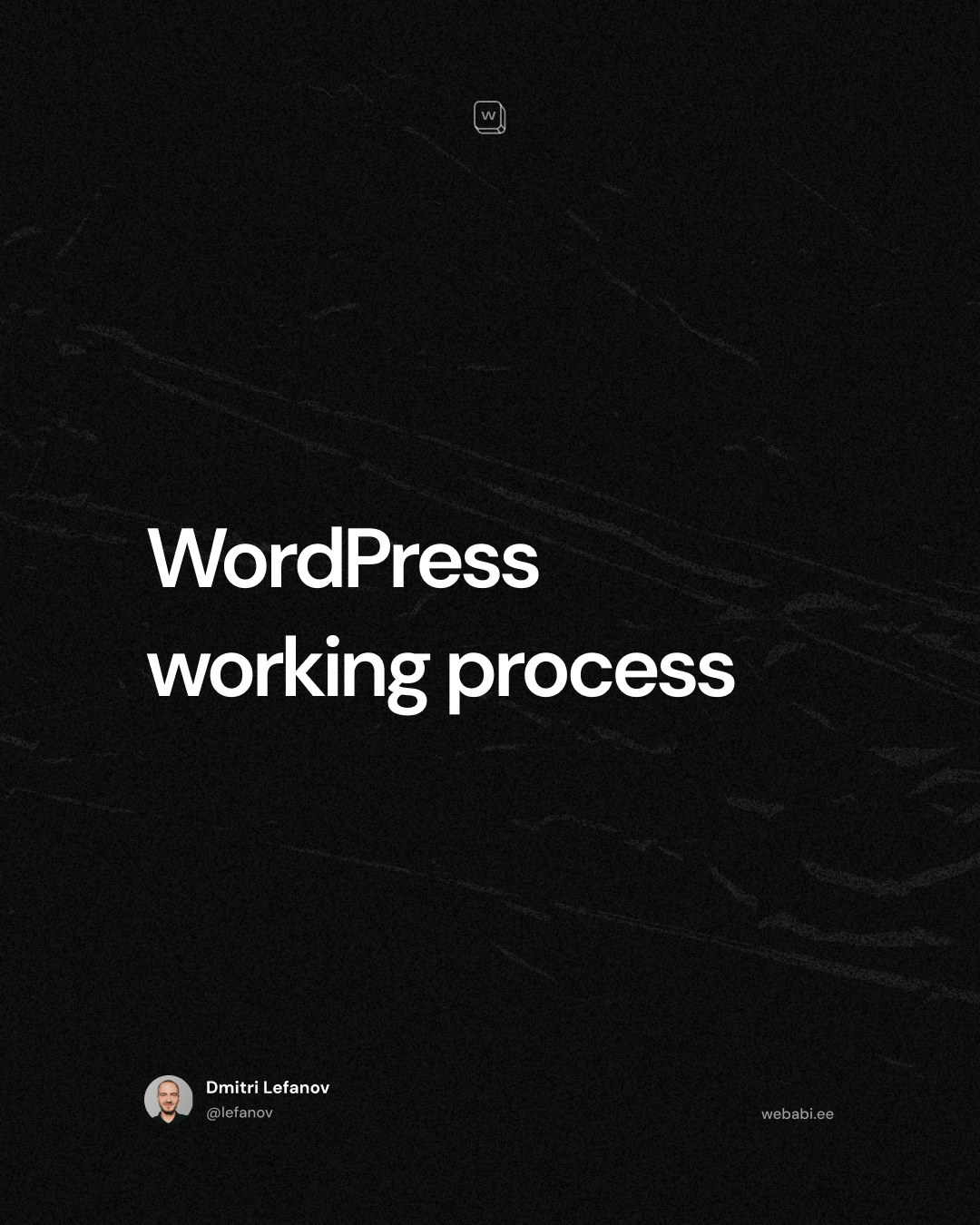Running an online store in the UK? Cool. But here’s the thing:
If people can’t find your products on Google, you’re not in business.
Ecommerce SEO isn’t just about “ranking higher.”
It’s about getting the right people to your site, at the right time, with the right intent — and converting them into paying customers.
Let’s break down what Ecommerce SEO actually means, why it matters (especially in the UK market), and how you can do it right — without burning your budget or chasing the algorithm.
1. First, What Is Ecommerce SEO (Really)?
Let’s not overcomplicate it.
Ecommerce SEO means optimizing your online store so your products show up in search results — especially when people are ready to buy.
It covers:
- Product pages
- Category pages
- Blog content
- Technical structure (speed, mobile, indexing)
- Link building
- Metadata and schema
It’s not just “adding keywords.”
It’s building visibility, trust, and traffic that actually converts.
2. Why It Matters — Especially in the UK
Here’s what we know about UK ecommerce:
🇬🇧 Customers are comparison shoppers.
🇬🇧 They care about trust and local relevance.
🇬🇧 They Google first, ask later.
🇬🇧 And most importantly — they rarely scroll past page one.
Without proper SEO, your store is basically invisible.
Even with a great product, perfect pricing, or beautiful design — if no one sees it, it doesn’t sell.
Organic search is:
- High intent
- Cost-effective
- Long-term traffic
- Less volatile than ads
And in a market as competitive as the UK? That’s your edge.
3. Core Ecommerce SEO Strategies (That Actually Work)
Here’s what we recommend for UK-based online stores that want real results:
✅ Optimise Product Pages Like a Landing Page
- Real product names (not just “Red Shirt 456”)
- Useful descriptions (not copied from manufacturer)
- Customer benefits + emotional value
- SEO-friendly URL, title, and H1
- Add schema markup for rich results
- Unique meta for every product
Good SEO = better visibility. Good UX = better conversions. Combine both.
✅ Category Pages Matter More Than You Think
Many stores ignore category pages — big mistake.
They often rank higher than product pages and capture broader intent.
Example: “Men’s waterproof jackets” vs “Reebok X-Series 500 Red”.
Optimise categories by:
- Writing intro text with keywords
- Linking to bestsellers or blog content
- Using clean URLs (not
?ref=42838) - Creating internal links between categories
✅ Content That Supports Search + Sales
You’re not just selling — you’re solving problems.
That’s why a good ecommerce site includes helpful content:
- Product comparisons
- Buying guides
- How-tos
- Seasonal trends
- Search intent blog posts
And yes — this boosts SEO and positions you as a brand people trust.
✅ Technical Setup: Don’t Let Speed or Structure Kill Your SEO
Technical problems silently kill visibility.
Watch out for:
- Slow loading times (especially on mobile)
- Duplicate URLs and content
- Broken internal links
- Pages that aren’t indexed
- Messy sitemap or robots.txt
- Poor mobile experience
Bonus: Google cares about Core Web Vitals. And so do your customers.
✅ Local Relevance (If You Sell in the UK)
Even if you’re online-only, Google needs to see that you’re relevant to UK users.
Ways to boost local signals:
- Use
.co.ukdomain or geotargeted settings in Search Console - Mention UK cities, shipping info, and pricing (GBP)
- Get listed in UK business directories
- Create country-specific landing pages
Especially post-Brexit, UK buyers want to see you get their market. Don’t look like a global template store.
4. Common Mistakes That Hold Stores Back
We’ve audited dozens of UK ecommerce sites.
These mistakes come up over and over:
- Using manufacturer product descriptions
- Generic category names
- No internal links
- Too many plugins slowing the site down
- Ignoring mobile UX
- Forgetting image optimization
- Treating SEO like a “one-time setup”
Fixing just a few of these = massive gains.
5. Why SEO Beats Ads in the Long Run
Paid ads are great — until they’re not.
- Expensive
- Temporary
- Vulnerable to competition
- Not trusted like organic results
Ecommerce SEO takes longer. But it builds equity.
And unlike ads, the traffic doesn’t stop the second your budget does.
Want stability? Build it with SEO.
How We Do Ecommerce SEO at Webabi
We don’t sell “SEO packages.”
We build long-term SEO systems that support your online store like a second sales rep.
Our ecommerce SEO approach:
- Research-based content planning
- On-page + technical optimisation
- Clean URL structure
- Schema, speed, and mobile-first thinking
- Monthly reporting with clear priorities
- Real business goals, not vanity metrics
No fluff. No black-hat hacks. Just what works.
👉 Want more traffic to your store — from the right people? Let’s chat.



